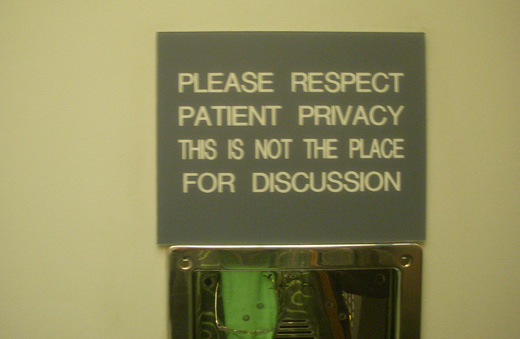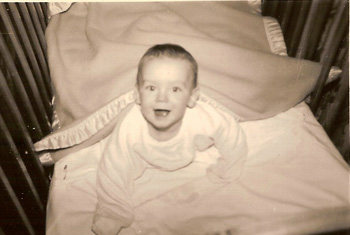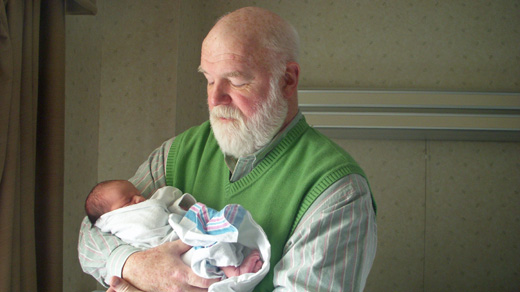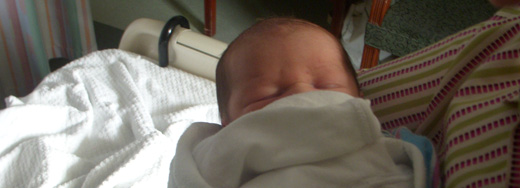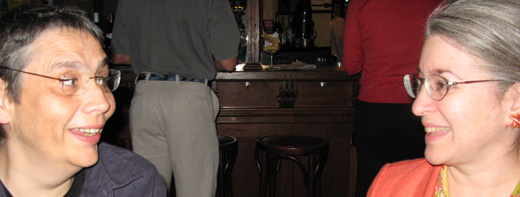Daily Office: Wednesday
Wednesday, January 13th, 2010
¶ Matins: Steve Coll on the terrorism learning curve, at The New Yorker. We think that the piece is better-written than most political speeches.
¶ Lauds: What a concept: “Sometimes you have to trust the musc.” Anne Midgette (quoting WNO artistic director Christina Scheppelman there) reminds us that lean economic times can inspire truly great opera.
What opera really needs is a fresh crop of audiences: “But opera audiences are far more likely to erupt with excitement at conventions they would find unremarkable or cliched in other mediums, such as a live horse crossing the stage.” If only Ms Midgette would come out and confess that for many “fans,” opera is really a circus, with the singers as high-wire daredevils. (Washington Post; via Arts Journal)
¶ Prime: What happens when the Mashantucket Pequot Tribe cannot service the debt on Foxwoods? Interesting times, according to Peter Applebome. Foreclosure is not an option; as Felix Salmon points out, the Pequots (or some other tribe) are the only possible owners. Foxwoods debt is sovereign debt. On the bright side, at least one Foxwoods visitor smells the problem with casinos. (NYT)
¶ Tierce: When did Cotton become King? Robert Behre rips through the history of Southern agriculture in five very readable pages. The brisk pace makes it easy to see that, as frontier settlements gave way to plantations, slaves, originally extended-family members, were commoditized to suit crops. (HistoryNet; via The Morning News)
¶ Sext: Let’s hear it for Roxxxy. Didn’t Grant Fjermedal predict this, in The Tomorrow Makers? It must be Today! (HiloBrow)
¶ Nones: The news from Venezuela couldn’t be drearier. As the Chávez regime effectively nationalizes consumer businesses, the oldest duel in South America (between oligarchs and populists) is restaged for the umpteenth time. (BBC News)
¶ Vespers: Without using the word, everyone is talking about the caesura in Joshua Ferris’s new novel, The Unnamed: after two hundred pages of “longueurs” (The New Yorker), the story picks up. (The Second Pass)
¶ Compline: “File Under ‘better late than never’,” says Dan Hill of his tardy write-up of a talk delivered at Postopolis! LA last April. Better late than never indeed, to hear LAPD counter-terrorism chief Michael Downing answer questions linking police work (especially regarding gangs and/or terrorists) and urban design.
As Mr Hill concludes, “Downing had the wit to explore it in accessible and meaningful fashion – even if his talk left as many questions hanging in the air over downtown LA as there were helicopters circling overhead.” It’s a start. (City of Sound)






